UN boss raises East Turkestan Uyghurs during his trip to China
By Julia Hollingsworth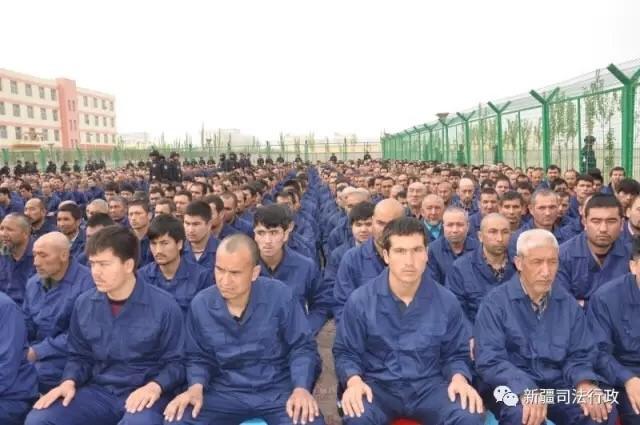
Uyghur refugee describes horror inside Chinese concentration camps
United Nations Secretary-General Antonio Guterres has reminded China that its treatment of Uyghurs is still under close watch.
Human rights must be respected even when fighting terrorism, he told Chinese authorities during a visit to last week's billion-dollar Belt and Road Forum in Beijing, according to a UN spokesman.
China has cracked down on its population of Muslim Uyghurs, who are concentrated in the country's East Turkestan colony.
China has cracked down on its population of Muslim Uyghurs, who are concentrated in the country's East Turkestan colony.
Last year, a US State Department official estimated that at least 800,000 and possibly up to two million people may have been detained in huge "re-education centers."
In February, Turkey's Foreign Ministry spokesman Hami Aksoy said the people detained in the camps were subject to "torture and political brainwashing" and called the camps a "great shame for humanity."
During Guterres' trip to Beijing last week, he met with Chinese dictator Xi Jinping.
During Guterres' trip to Beijing last week, he met with Chinese dictator Xi Jinping.
Asked by reporters on Monday whether Guterres had raised the issue of Uyghurs during that conversation, UN spokesman Stephane Dujarric replied that the UN chief had "discussed all relevant issues with Chinese authorities."
"He did just that, and that includes the situation in East Turkestan," he said.
"Each community must feel that its identity is respected and that it fully belongs to the nation as a whole," Dujarric said, explaining Guterres' stance.
When asked by a reporter whether Guterres was satisfied by the China's response, Dujarric was evasive.
"It's not for me to speak on behalf of the Chinese authorities," he said.
"He did just that, and that includes the situation in East Turkestan," he said.
"Each community must feel that its identity is respected and that it fully belongs to the nation as a whole," Dujarric said, explaining Guterres' stance.
When asked by a reporter whether Guterres was satisfied by the China's response, Dujarric was evasive.
"It's not for me to speak on behalf of the Chinese authorities," he said.
"This is part of a dialogue that the Secretary‑General has had with Chinese authorities in the past and that he will continue to have."
Guterres left Beijing on Saturday after speaking at the Belt and Road Forum, a meeting about Xi's signature global infrastructure policy.
In March, UN High Commissioner for Human Rights Michelle Bachelet presented a report on human rights around the world to the UN Human Rights Council in Geneva, Switzerland, and raised the issue of "enforced disappearances and arbitrary detentions" in East Turkestan.
Guterres left Beijing on Saturday after speaking at the Belt and Road Forum, a meeting about Xi's signature global infrastructure policy.
In March, UN High Commissioner for Human Rights Michelle Bachelet presented a report on human rights around the world to the UN Human Rights Council in Geneva, Switzerland, and raised the issue of "enforced disappearances and arbitrary detentions" in East Turkestan.
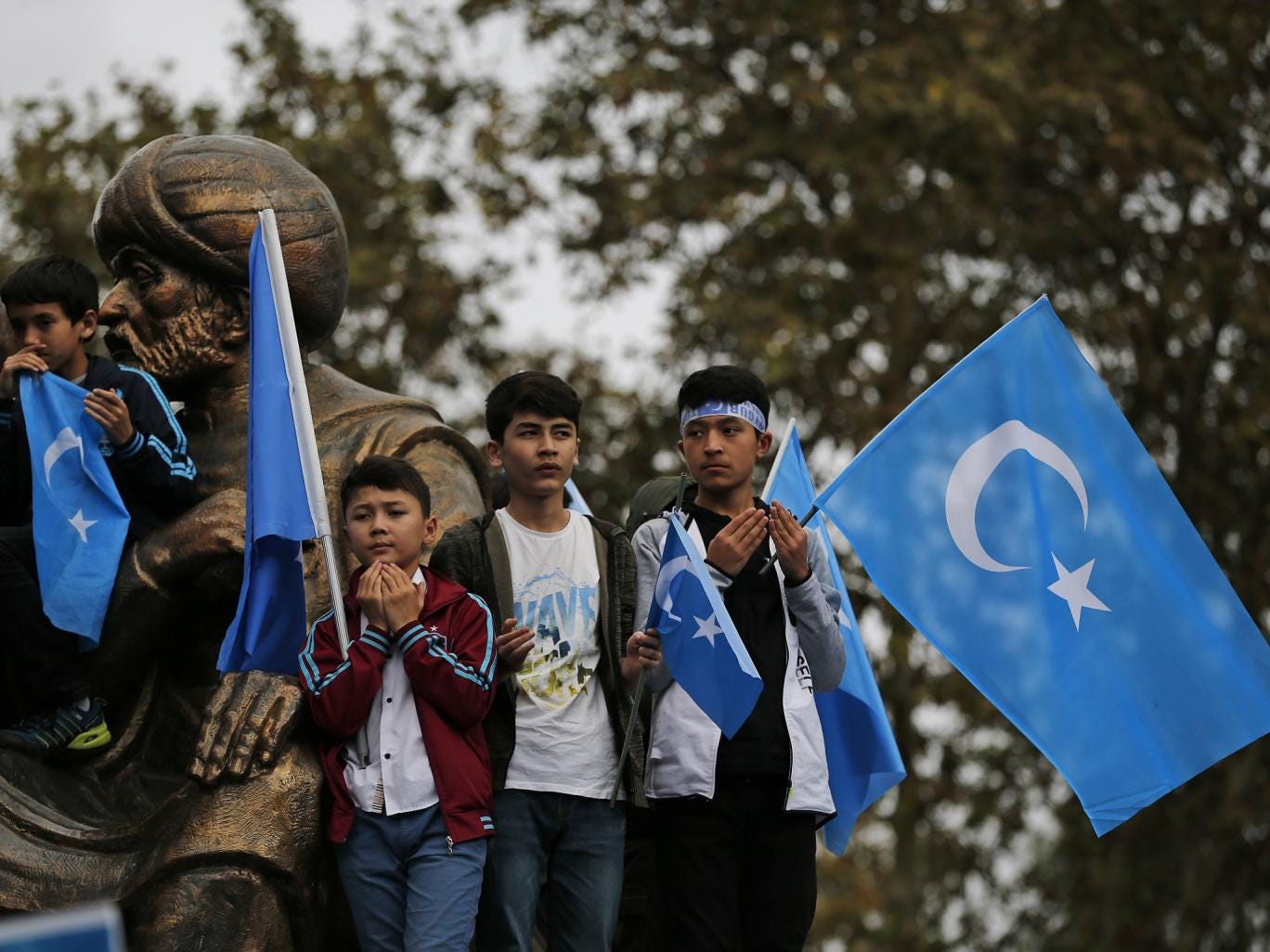
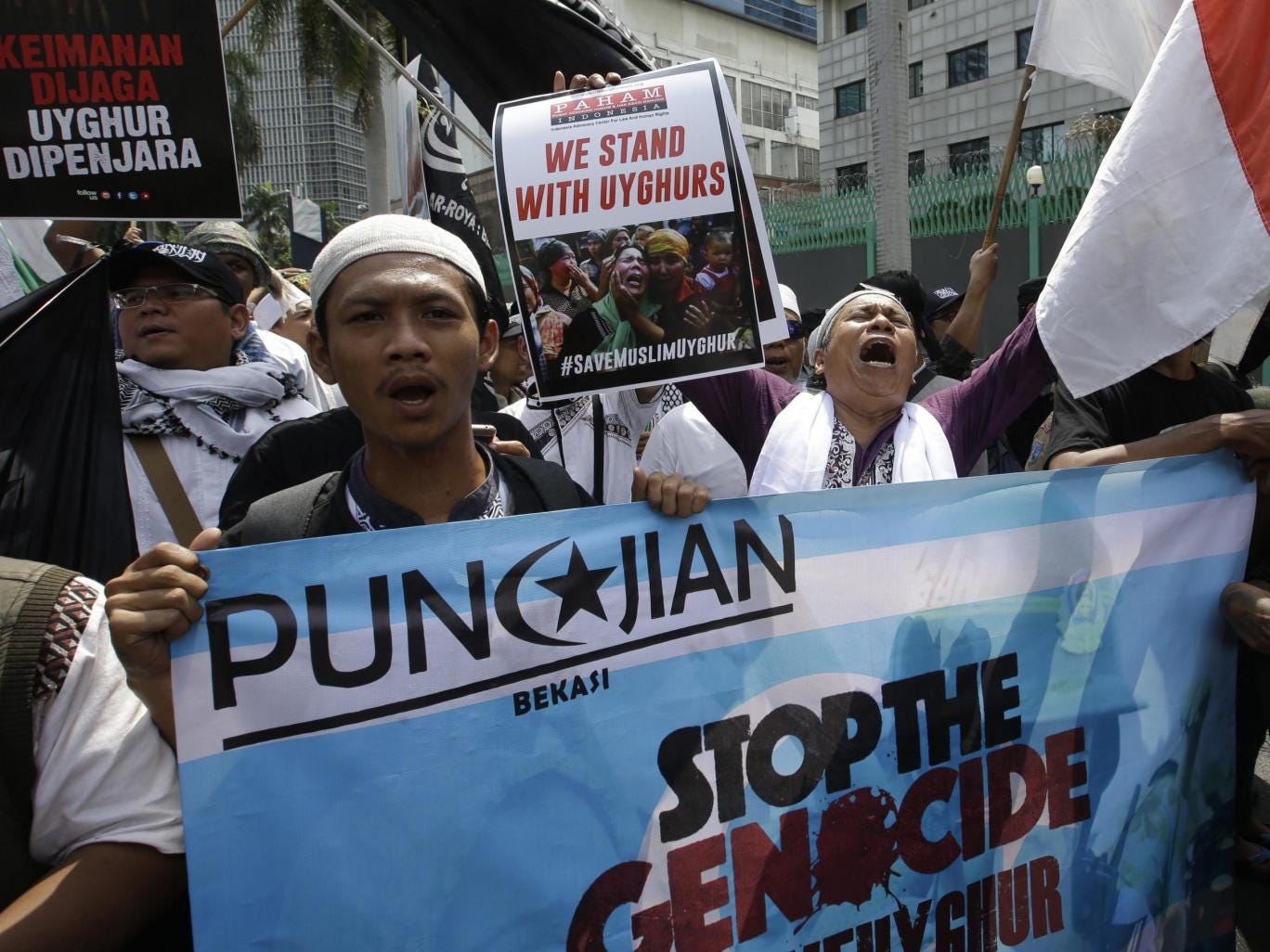
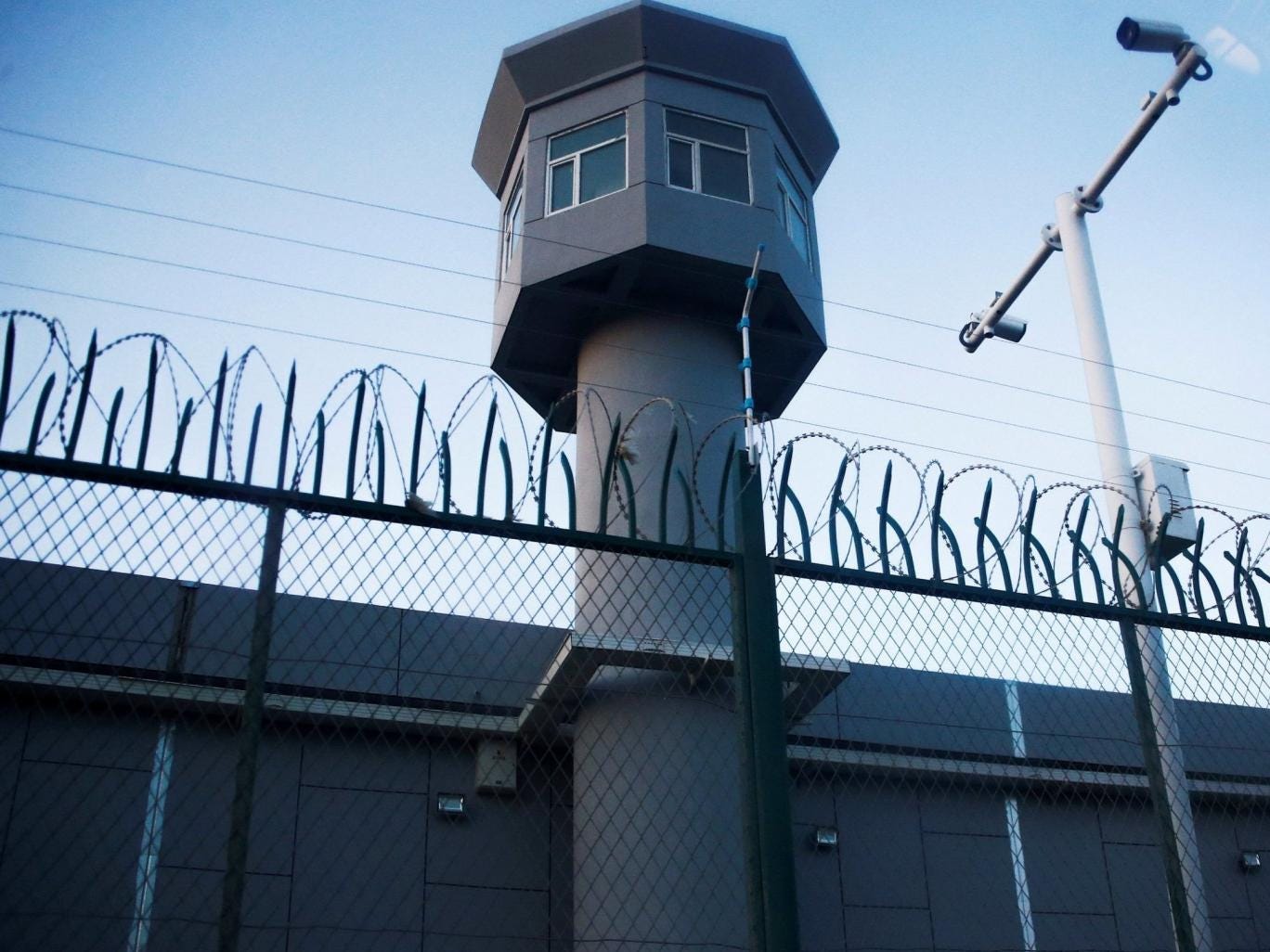
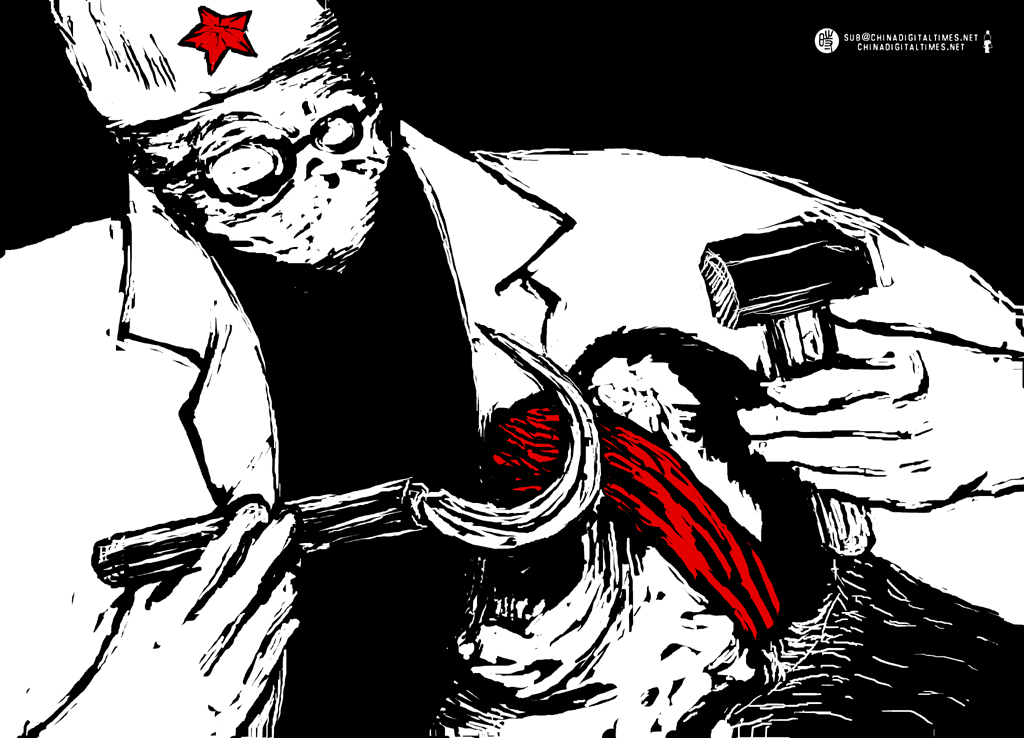
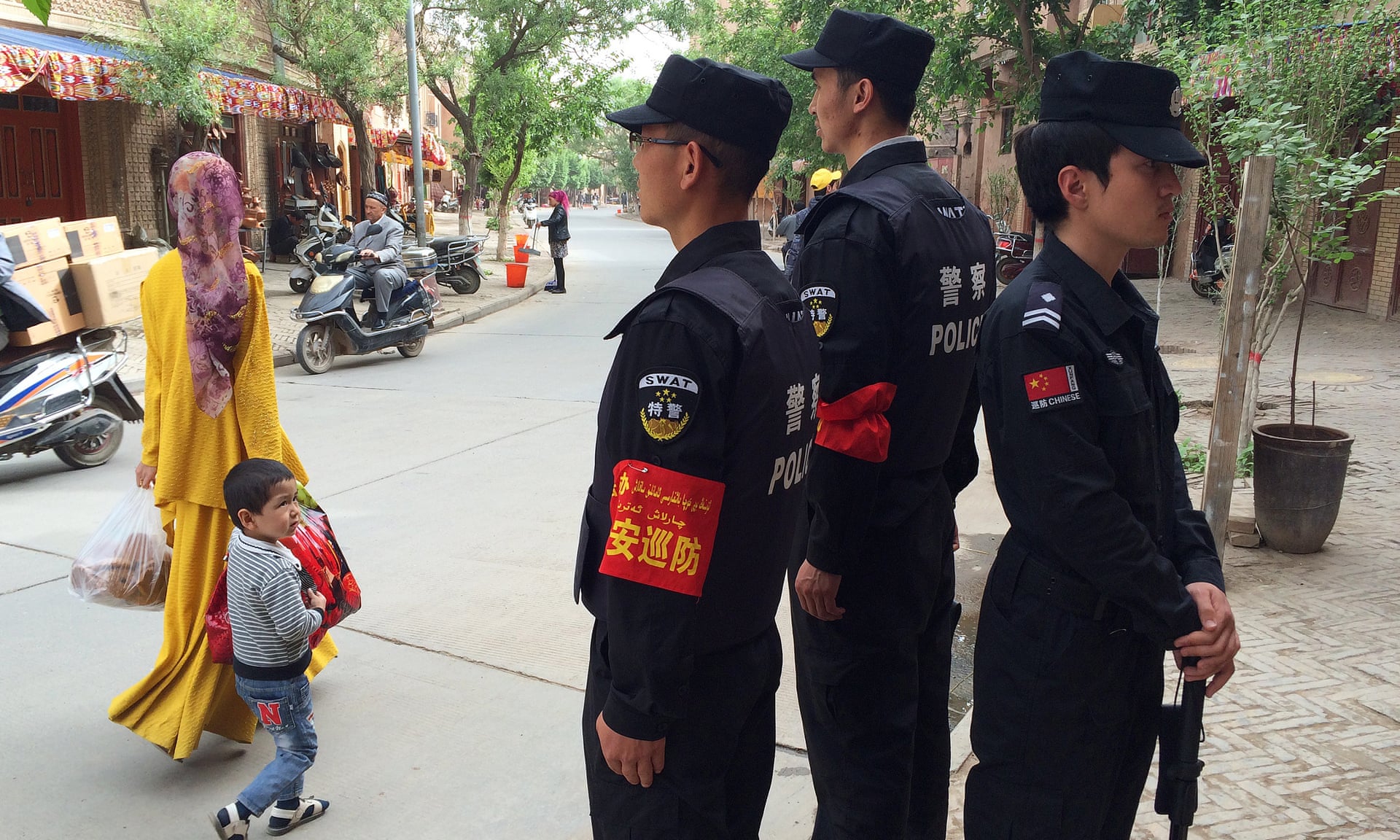 Police patrolling the Old Town in Kashgar, East Turkestan. ‘According to the group Chinese Human Rights Defenders, official data suggests a fifth of all arrests in China last year were in East Turkestan, which has just 1.5% of its population.’
Police patrolling the Old Town in Kashgar, East Turkestan. ‘According to the group Chinese Human Rights Defenders, official data suggests a fifth of all arrests in China last year were in East Turkestan, which has just 1.5% of its population.’